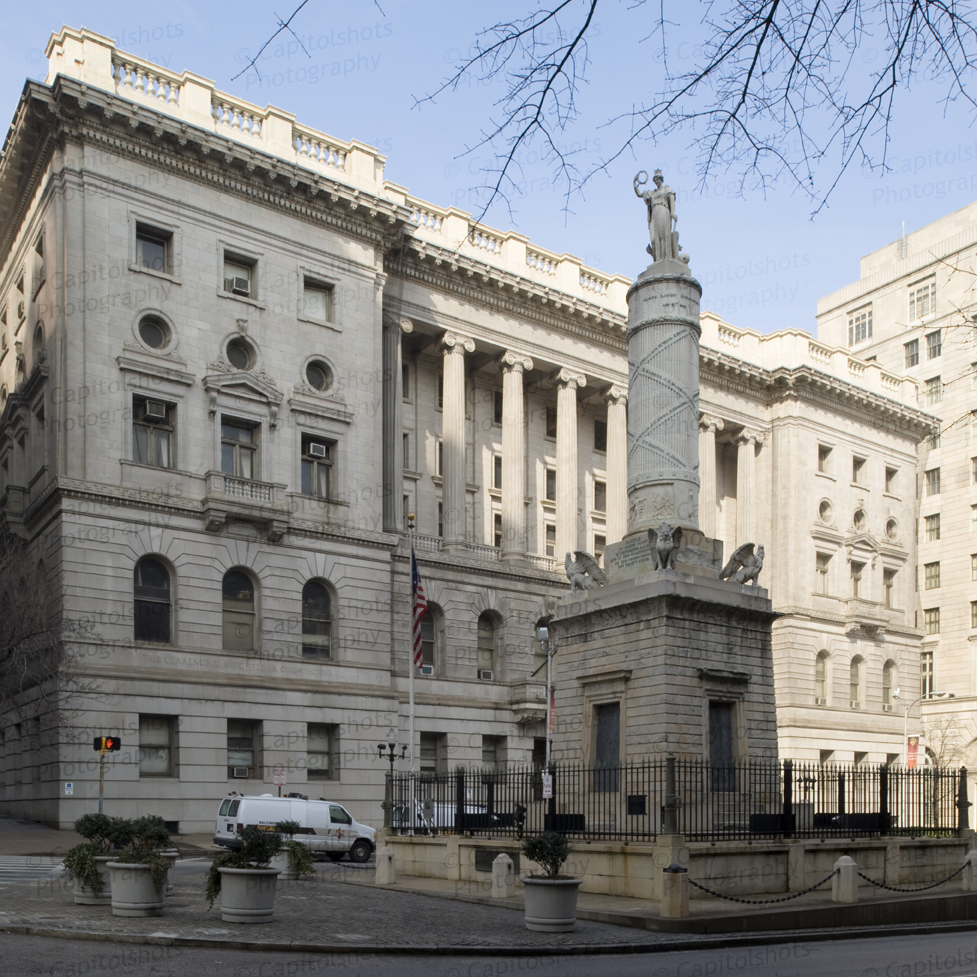
Thank you for reading Baltimore Witness.
Consider making a donation to help us continue our mission.
By
Connor Driscoll [former]
- August 13, 2021
Court
|
Daily Stories
|
Homicides
|
Shooting
|
Suspects
|
Victims
|
Council gave their closing arguments on Aug. 13 for a trial involving a 24-year-old man accused in a midnight ambush-killing last year.
Clifford Knight’s fate now lies in the hands of the men and women of the jury.
Prosecutors allege that Knight lured 26-year-old Ronald Lewis to an ambush during the early morning on May 14, 2020. The shooting took place on the 100 block of Violet Hill White Way, just across the street from University of Maryland’s School of Pharmacy.
At Baltimore City Circuit Court on Friday, the prosecution said “too many coincidences is no longer a coincidence; it’s evidence of guilt.”
But, Knight’s defense attorney, Robert Cole Jr., insisted that the state lacked both necessary physical evidence and the eyewitness identification of his client.
“The state wants you to make a leap of faith,” despite “zero direct evidence,” he told the jury.
“You can’t convict someone of murder when the state comes in and says, ‘Well, we can’t prove he’s the shooter, but he must’ve had something to do with it,’” Cole said.
The prosecution shot back, stressing that, per jury instructions, which were given by Judge Martin P. Welch, circumstantial evidence should be given the same weight as direct evidence.
The prosecutor reiterated the various connections between Knight, the owner of the suspected vehicle, and the person in possession of the murder weapon. He also spoke about the cell location data that put Knight within 0.01 miles of the scene at the time of the homicide.
A review of the victim’s cell phone records showed that Lewis had sold Knight counterfeit narcotics, which is a possible motive for the shootings. Phone records indicate that Knight repeatedly contacted Lewis to coordinate a drug buy on the night of the murder.
Cole countered that because Lewis was a drug dealer, he was in an “extremely dangerous situation,” meaning that other individuals could have had motive to kill him. Cole highlighted that, in the two weeks leading up to the shooting, “27 different people” had contacted Lewis to purchase various narcotics, including fentanyl, heroin, cocaine, and oxycodone.
Cole also questioned the reliability of the cell phone analysis, arguing that “some people call it junk science.”
However, the prosecution noted how, on Thursday, the author of the analysis testified that cell phone location data can in some cases be more accurate than even GPS tracking.
The jury began deliberations around noon on Friday.
